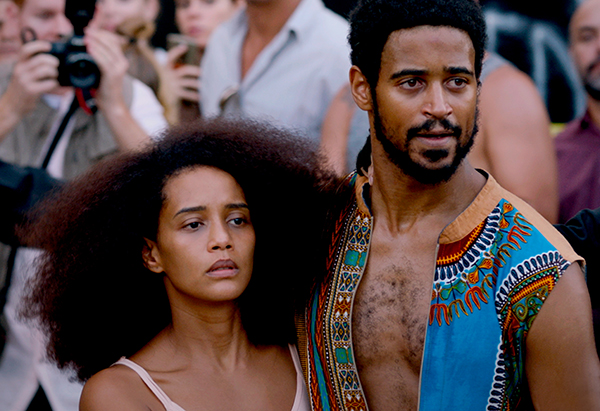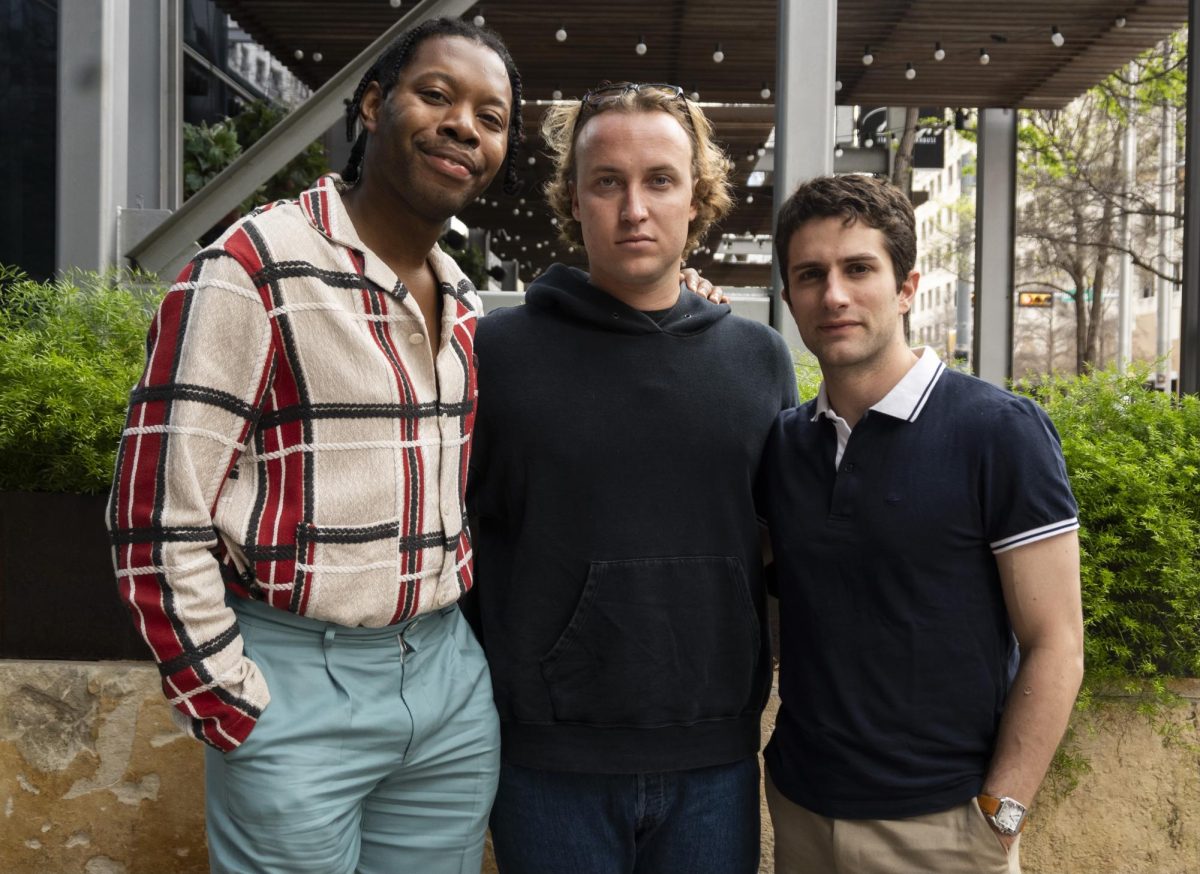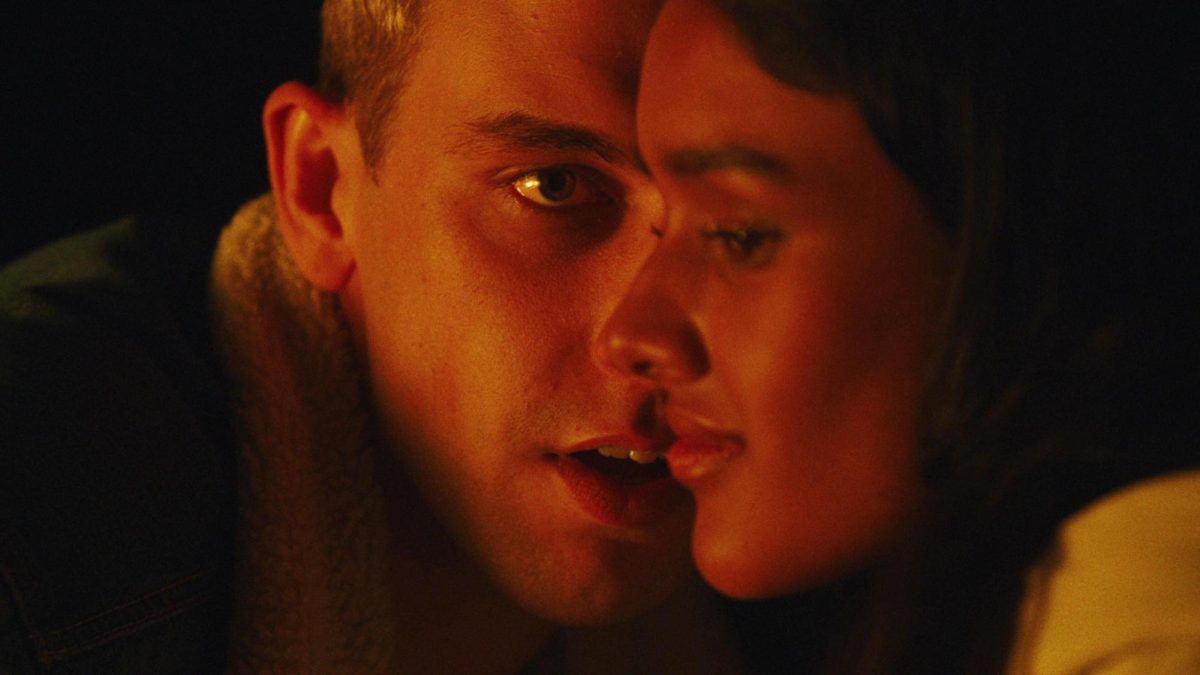Alfred Enoch, best known for playing Dean Thomas in the Harry Potter films and Wesley Gibbons on hit show “How to Get Away with Murder,” stars in the new Brazilian film “Executive Order,” premiering at South by Southwest on Tuesday, March 16.
Set in a dystopian Rio de Janeiro in the near future, the film follows Antonio (Enoch) after an executive order is issued to send all Black citizens “back” to Africa as an excuse to repay the debts of slavery. Citizens with features ‘resembling even slightly African descent’ are hunted by police and exiled to Africa.
The Daily Texan spoke with Enoch about playing a Brazilian character and the universality of the film.
The Daily Texan: As a dual English-Brazilian citizen, was it rewarding to play a Brazilian character and reconnect with that aspect of your identity after playing non-Brazilian characters?
Alfred Enoch: Yeah completely. As an actor, one of the exciting things is to get to play … other people. But the variety that that brings is one of the things that most excites me about my work, (and this film) was something deeply, deeply personal to me. I speak Portugese with my mom. Before the world changed so drastically and suddenly — I used to go to Brazil every year, go and see family, see friends. I have a very … strong relationship (with Brazil), but that wasn’t reflected at all in my work, so I was excited to get to do that.
DT: “Executive Order” is supposed to be dystopian, but there were some images that were eerily close to real life in the past year with Black Lives Matter protests and the continued ICE deportations of Mexican immigrants. Did you feel that way when making the film?
AE: I think one of the things that strikes me reflecting on the movie … is how it feels even more important now, with all the things that happened last year. That’s obviously … more bitter than sweet. It would be nice to make a film like this and, by the time it comes out, have it feel like a strange impossibility, (where) people say, “that would never happen,” but I think human history is littered with examples of atrocities that people thought were too far-fetched to occur. All over the Western world certainly, power structures have been built to maintain a status quo, and that status quo has Black bodies at the bottom of it. I think the fact that it is specific and yet universal says something about systemic racism, doesn’t it? It’s sad that there is that universality in the movie, (that it) should be able to connect to people in so many different places, but also, that makes it even more important.
DT: What lessons do you think we can learn from Antonio and what do you hope viewers take away from the film?
AE: Not to be complacent. At the beginning, when … the executive order is made known, Antonio and Andre laugh about it. It seems absurd and it seems impossible and implausible. But it happens. Probably, as with many of these things, if you’re really paying attention, you’ll realize that nothing really comes out of nothing. So maybe one of the big lessons from the film is pay attention.





















